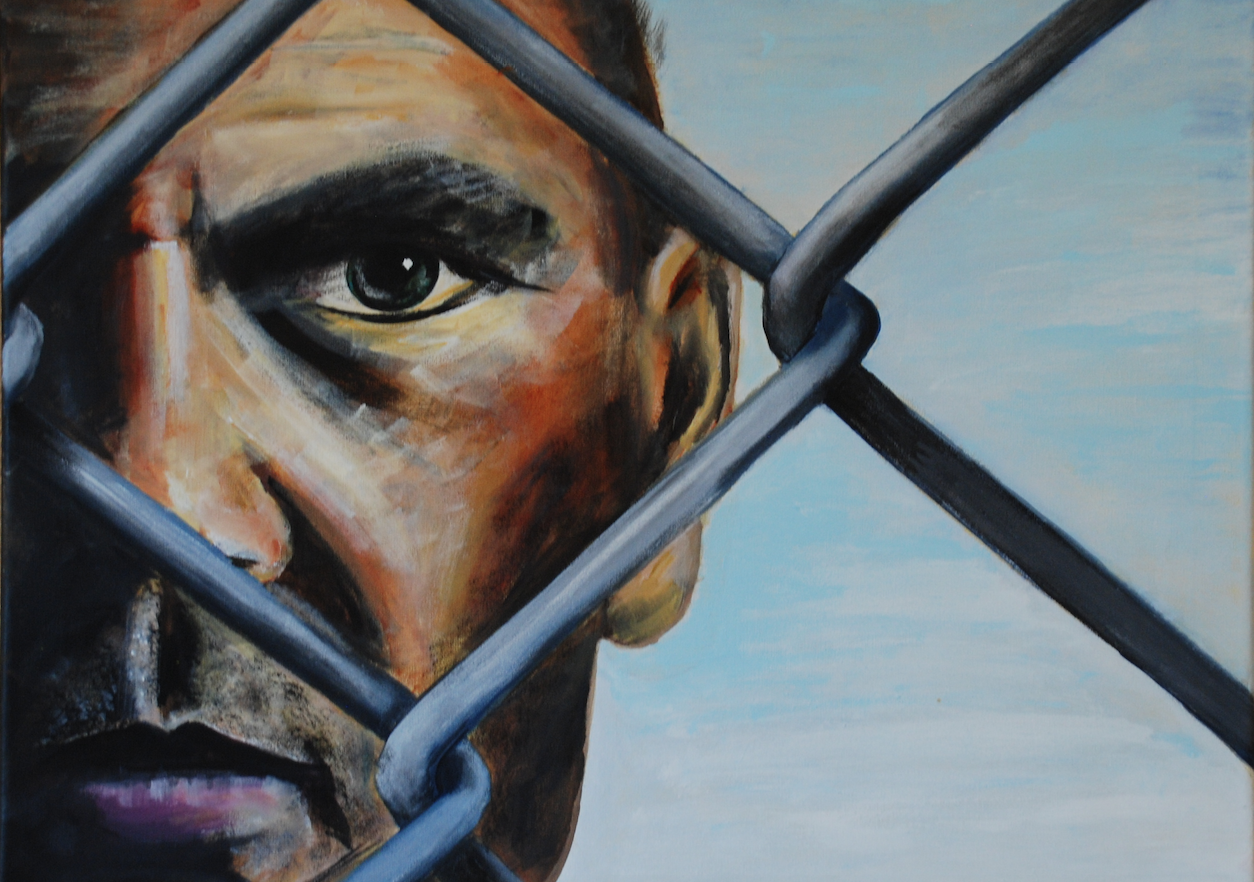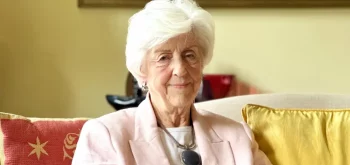Raise a glass to Brian Buckle and his family. They have just spent £500,000 to pay for legal representation to overturn his wrongful conviction for a sex offence. Such “success” is rare. It is costly and ruins mental health.
See:
The cost of innocence: £500k – insidetime & insideinformation
https://www.bbc.co.uk/news/uk-66928735
But how many more Brians are stuck in our non-functioning appeals system. How many have access to that sort of funding? How many have to resort to groups of law students doing their best?
I don’t know the answers, but I can share some of our statistics with you. They are just a tiny ice cube on the top of a mammoth iceberg.
My colleague Dr Dennis Eady compiles an annual report for the original Innocence Project in New York, as a condition of our licence to use the name “innocence project”. He says, “The current state of the UK criminal justice system is such that potential miscarriages of justice cases are increasing and options for post-trial assistance are diminishing, so most applicants to the project have no other options. Student-based projects in the UK, which were in the past seen largely as a last resort, have, by necessity, become for many the only resort.”
Other extracts from Dennis’ report may be of interest:
From our start, up until March 2023:
- 35 Applications to the Criminal Cases Review Commission (CCRC) have been submitted. Of these, 13 concerned convictions for sexual offences, and 18 for murder or attempted murder. In addition, re-applications have been made in 4 cases (3 of the murder cases and one sexual abuse case)
- 1 case referred by the CCRC to appeal and conviction quashed (Dec 2014).
- 27 submissions rejected by the CCRC
- 7 cases still with the CCRC
- 1 Appeal (first appeal out of time – not CCRC) resulting in conviction quashed (Dec 2018)
- 1 Appeal (first appeal out of time – not CCRC) resulting in conviction upheld (Jan 2020)
- 1 Leave to Appeal (Renewal to Full Court) (rejected 1.4.22)
How many people are asking for our help?
Referrals/Enquiries Case Type and Numbers:
| Sex offences | Murder/
Manslaughter |
Miscellaneous* | Total
|
|
| 2019 | 68 (65%) | 14 (13%) | 23 (22%) | 105 |
| 2020 | 28 (64%) | 10 (22%) | 6 (14%) | 44 |
| Jan-Mar 21 | 9 (64%) | 2 (14%) | 3 (22%) | 14 |
| April 21 – March 22 | 50 (62%) | 13 (16%) | 18 (22%) | 81 |
| April 22-March 23 | 48 (51%) | 26 (27%) | 21 (22%) | 95 |
| Total (%) | 203 (60%) | 65 (19%) | 71 (21%) | 339 |
*Miscellaneous includes cases where the enquiry does not explain the offence, and various other offences including fraud, drug related offences, theft, assault etc as well as occasional issues of recall or sentencing which do not fall into our remit.
One group of our students presented their “Review of Sexual Offence Cases (Defenceless in the Justice System)” to the 2022 Spring Conference of the organisation FACT (Falsely Accused Carers and Teachers). The survey had looked at the details of 20 cases that had been subject to student team reviews over recent years. They also produced an article for FACT’s magazine “Faction” in July 2022 and an article for the Justice Gap website in October 2022 (here).
The project reflected the hopeless situation for people attempting to mount a defence or seek an appeal when accused of historical sex offences. Among the key findings were:
- The average length of delay was 19 years between alleged offence and accusation/conviction. This ranged between 2 and 38 years in our sample.
- A strong association with sexual accusations occurring at a time of family or relationship breakdown.
- Failure of the trial system to take account of psychological factors that might throw light on the reliability of accusations.
- The fact that 1 in 5 of the sample cases resulted in a hung jury with conviction only occurring at a re-trial.
- In 7 out of 20 cases the complainants were involved in counselling prior to making the complaint.
- The majority of juries were not aware of previous convictions of complainants, whereas 90% of the defendants’ previous convictions were admitted at trial.
- Little weight was given at trial to the background of complainants and how this may affect their reliability, with little or no weight given to psychological issues and inaccuracies in times, dates and locations.
- Insufficient special measures were provided for defendants in need of it. In 10 out of 20 cases defendants had recorded medical/psychological issues but only received limited special measures in 2 cases. In contrast, complainants are automatically entitled to special measures (video link, screen etc.)
- On average there were 3 times as many prosecution witnesses as defence witnesses. In 7 out of 20 cases the only defence witness was the defendant, and in one case there was no defence witness at all.
So how many Brians, Patricks, Leroys and Ahmeds are out there? We don’t know for sure, but we can guarantee that Brian is far from alone….







